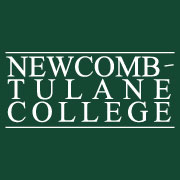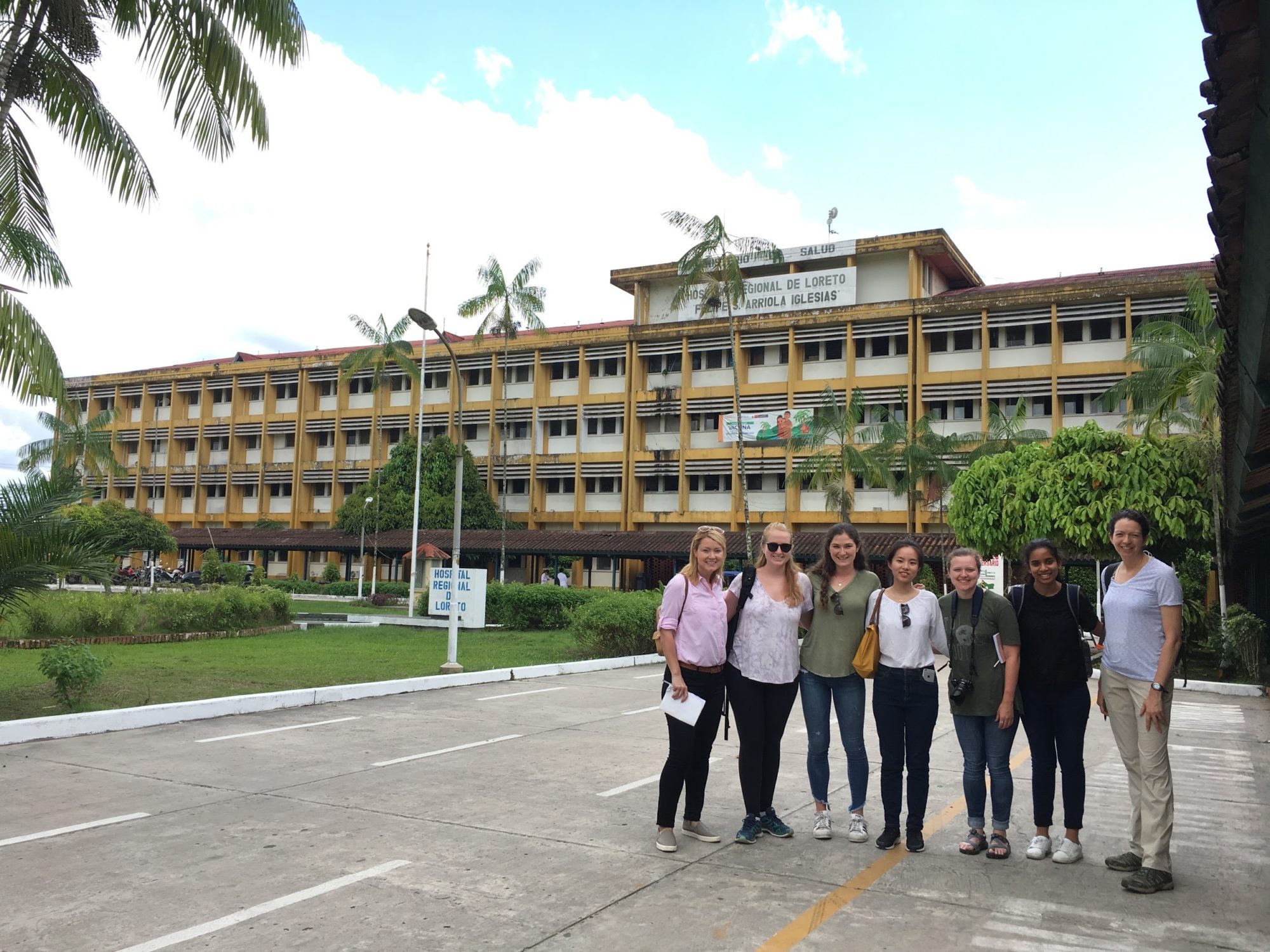Biomedical Innovation for Global Impact aims at improving global health. With the Newcomb-Tulane College award, Siyang Hu and I, along with other BME students, were able to conduct on-site healthcare observations and need assessment in Peru. During this 12-day immersive trip, we visited all levels of healthcare system (SIS), including health posts, hospitals in Amazonian towns, regional hospitals, and hospitals in Lima.
Taking accessible healthcare for granted sometimes, we often ignore that there are people in developing regions still struggling with the minimum resources. Without the experience in Peru that NTC’s grant afforded us, we would never have had the understanding about designing medical devices in resource constrained areas that we do now. We could never have imagined the problems rural Peruvian communities face everyday. Transportation was such a big problem in the Amazonian communities. It took us four hours from Iquitos, the largest city in Peruvian Amazon, to get to the lodge by Pica Pica, the local boat with an engine fixed on to it. The local health post we visited was shared by 12 communities many of which were 4 or more hours away. There was also very limited internet and cell phone service. The satellite phone available to the health post only worked on a blue, clear day.
We were also able to make some invaluable connections and collaborate with some great minds we would not have had the chance to without the NTC grant. During our immersion we met with Dr. Valerie Paz-Soldan, the Director of Tulane Health Office for Latin America, Students and Faculty of UNI, PUCP, and UPCH, and Physicians and Staff of the Tamshiyacu, Ayachuco, and San Juan health centers. Had we not been able to travel to Peru in person, we wouldn’t have been able to meet all these wonderful individuals face to face and get their opinions on the health issues facing Peru.
Now that we have returned from our immersion, we will embark on a year-long design project in which we will design and build a medical device to fit the unique needs of rural Peruvian communities. This experience will be incredibly useful for any future careers we hold in device design, research and development, or quality assurance. Without the Newcomb-Tulane College award this trip would not have been possible and we would not have gotten the invaluable first hand experience in needs research and design development that is crucial for a career in global health innovation. We are truly grateful for the opportunity that was afforded to us.
Written by Ellie Pepperell, recipient of a Dean’s Grant (group), 2018.
Photo: Siyang Hu (fourth from left), Ellie Pepperell (fifth from left) and their team members at the Regional Hospital of Loreto

